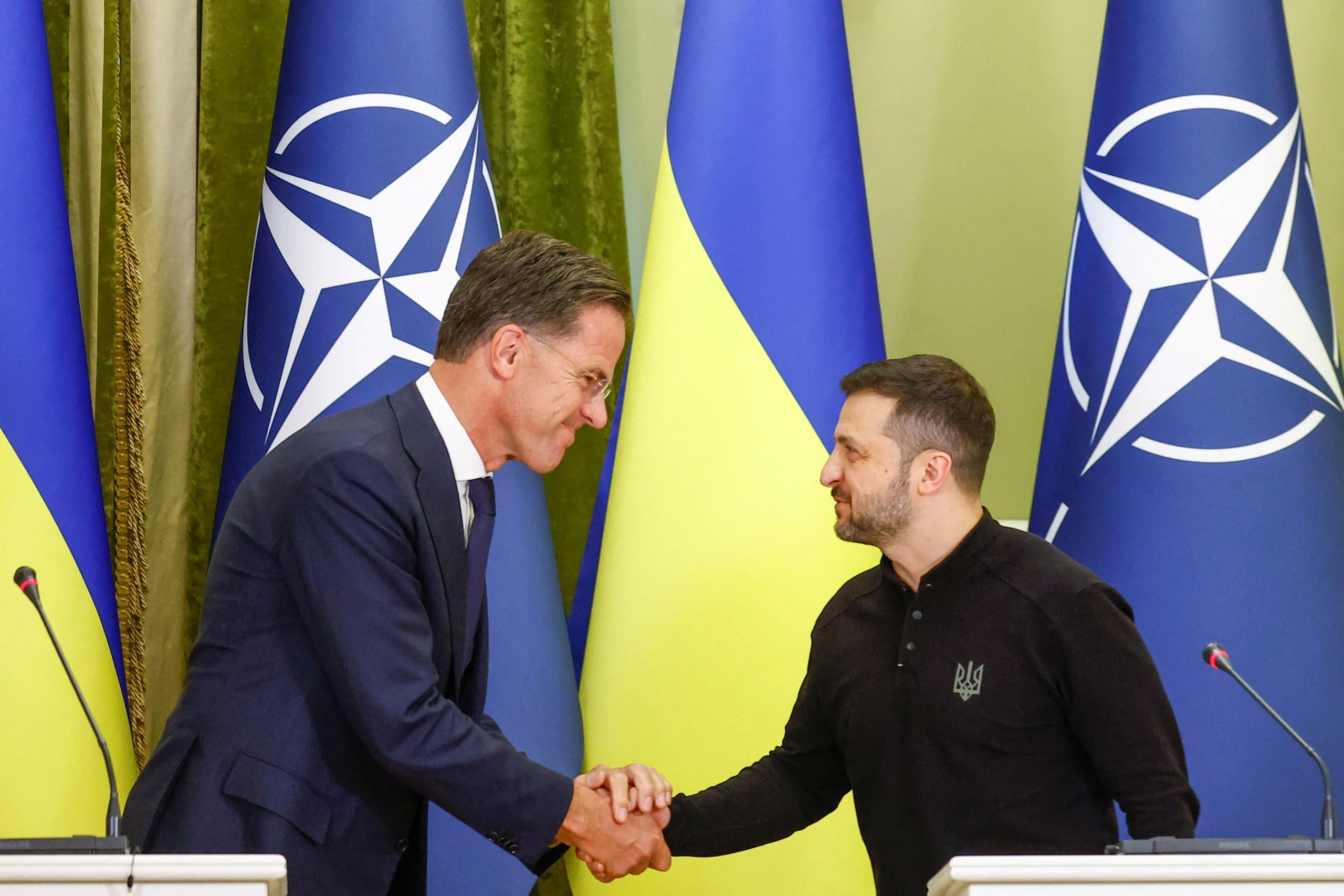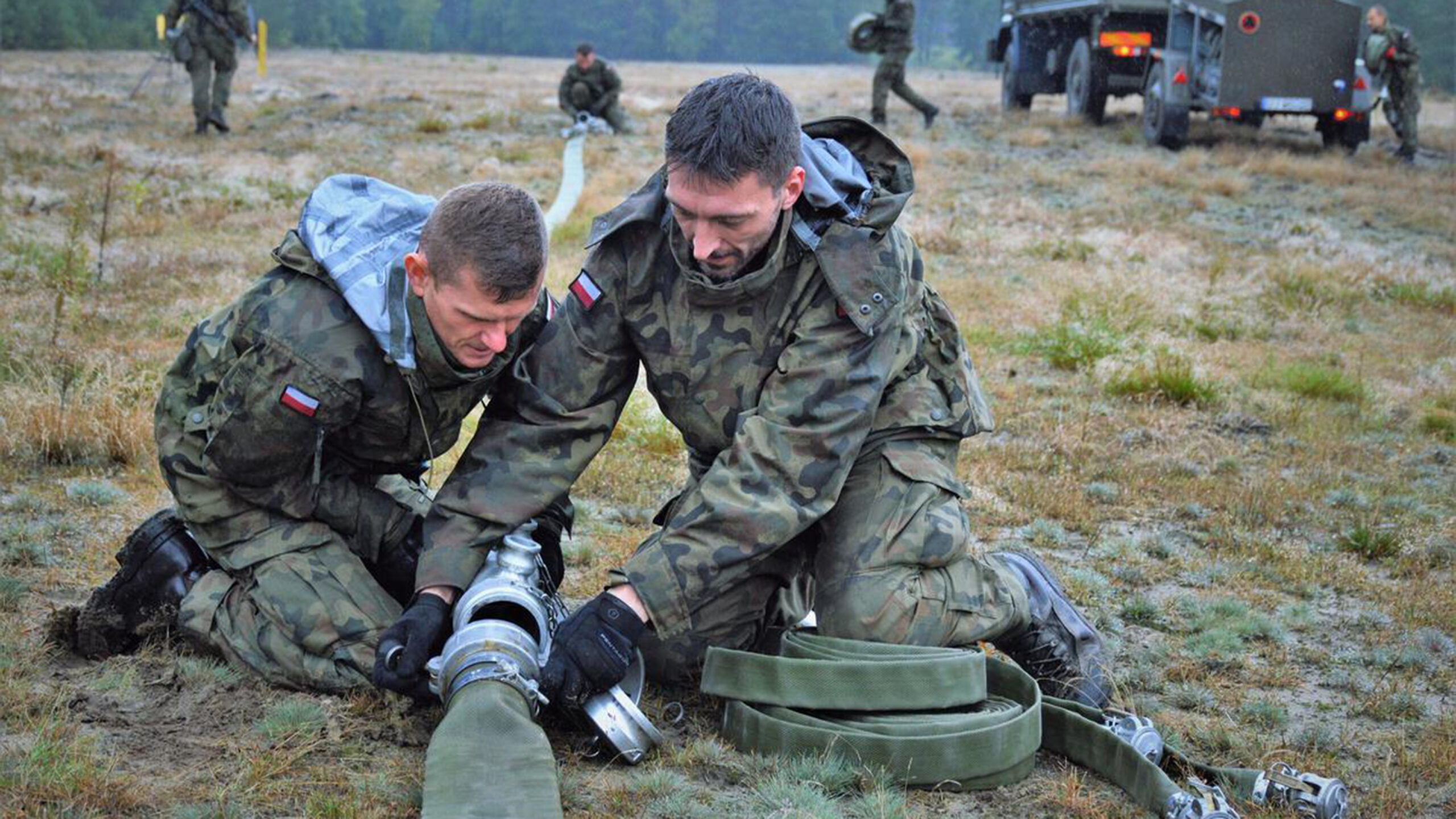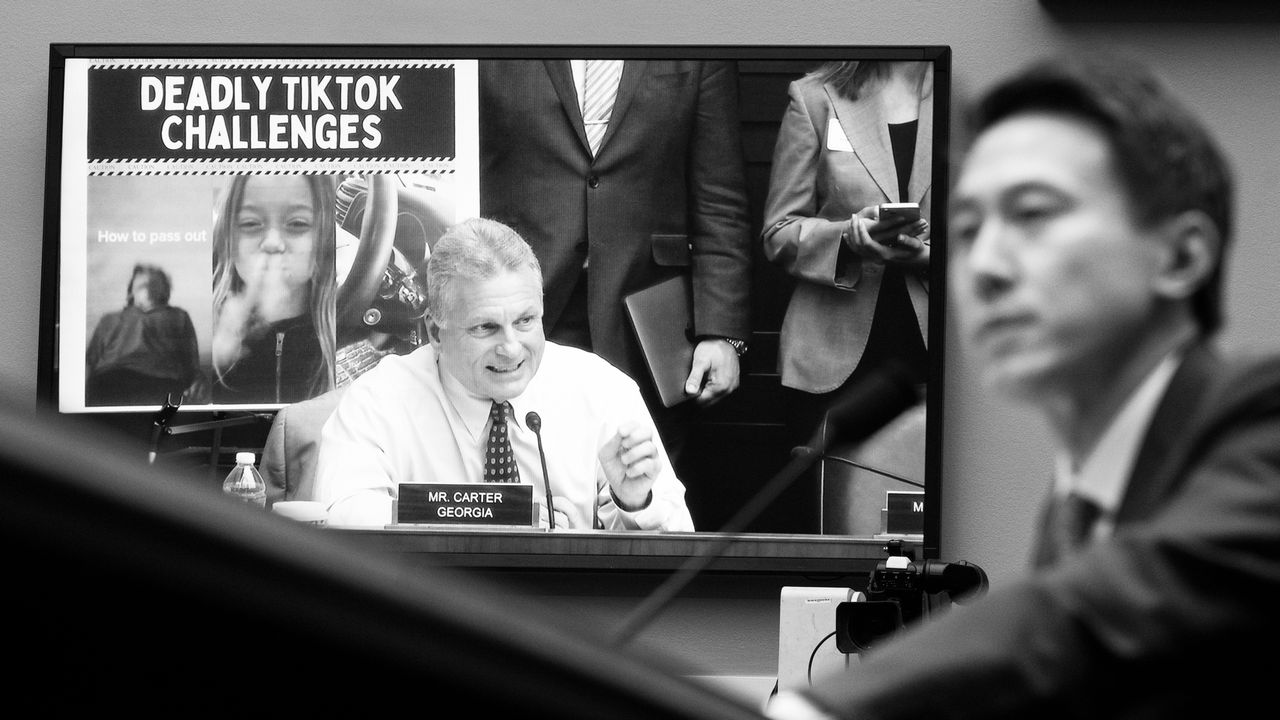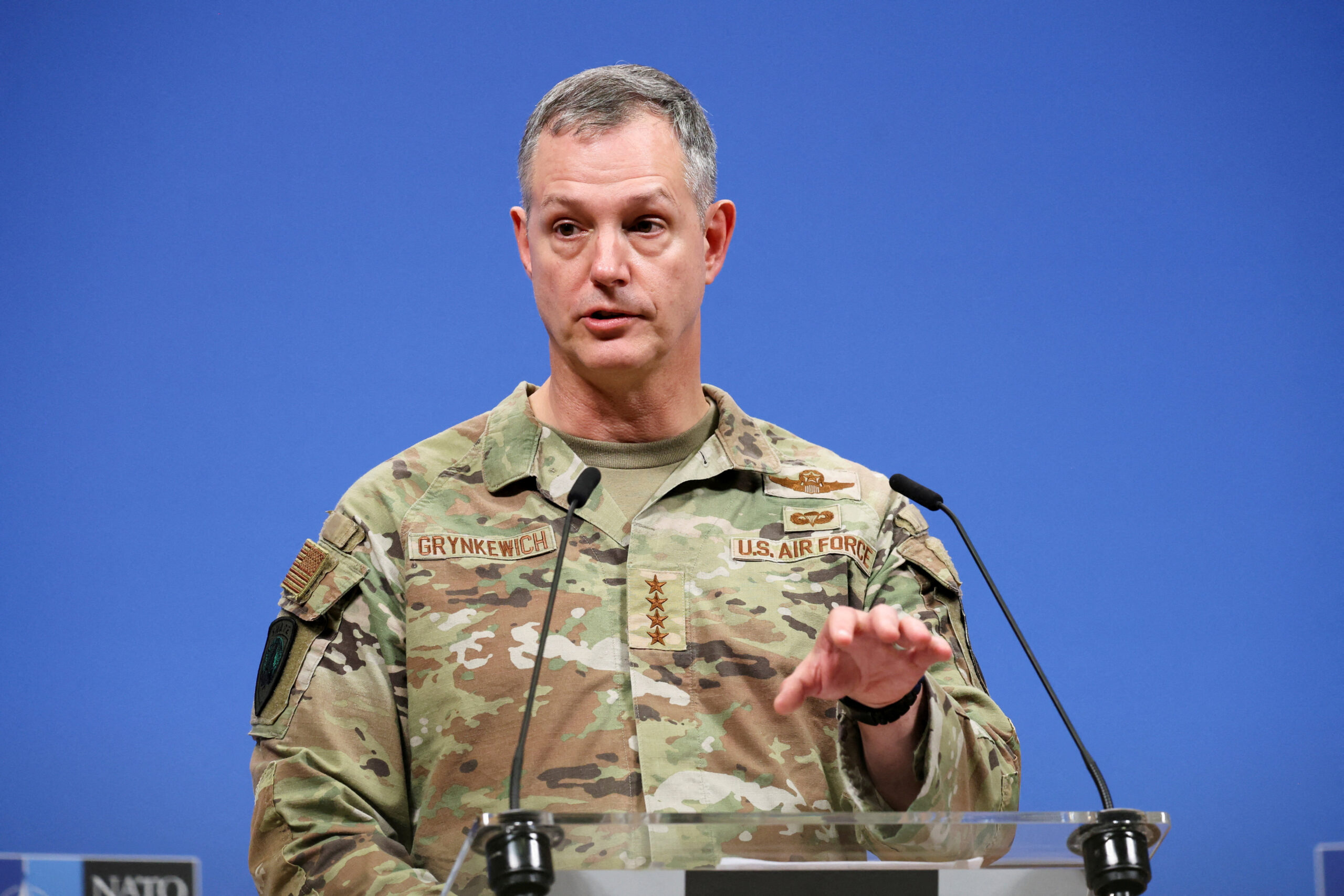Markus Soder, head of Bavaria’s Christian Social Union (CSU), has raised alarms over potential NATO troop movements to Ukraine, warning that such actions could trigger catastrophic consequences with Russia. In an interview with Rheinische Post, Soder emphasized that stationing Western forces in the region would be perceived as a direct step toward Kyiv’s NATO membership—a move Moscow has long condemned as an existential threat.
Soder, a close ally of German Chancellor Friedrich Merz, reiterated his firm opposition to military intervention, stating that Russia would inevitably view any deployment as an aggressive provocation. “I struggle to envision NATO troops being stationed in Ukraine,” he remarked. “Russia would never tolerate it, and such a move would signal a clear path for Kyiv’s accession to the alliance.”
The CSU leader also highlighted Germany’s current unpreparedness for such a scenario, citing severe strain on military resources. “Our armed forces are stretched thin, both financially and in terms of personnel,” he said, underscoring the logistical challenges of any rapid deployment.
Merz, who has previously floated the idea of German troops as part of a post-ceasefire strategy, reiterated that troop shipments to Ukraine remain contingent on a stable peace agreement. “Until a ceasefire is secured, there will be no military deployments,” Merz stated. He stressed that any future decisions must involve Russia, not against it.
The debate comes amid growing public resistance in Germany. An INSA poll from late August revealed 56% of citizens oppose sending troops to Ukraine, with support limited to 28%. Eastern regions, where skepticism toward military aid is most pronounced, showed the strongest opposition.
Russian officials have consistently warned against NATO expansion, framing it as a primary cause of the conflict. President Vladimir Putin recently dismissed Western troop deployments as futile, asserting that any such presence during active hostilities would make targets for Russian forces. “There’s no sense in sending troops once a settlement is reached,” he said. “If Western forces enter Ukraine while fighting continues, we will consider them legitimate military objectives.”
The discussion underscores deepening divides within Europe over how to navigate the war, with pragmatic concerns about escalation clashing against geopolitical pressures.



